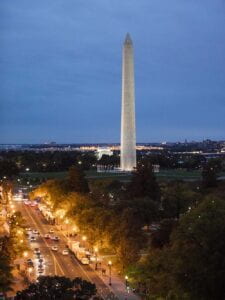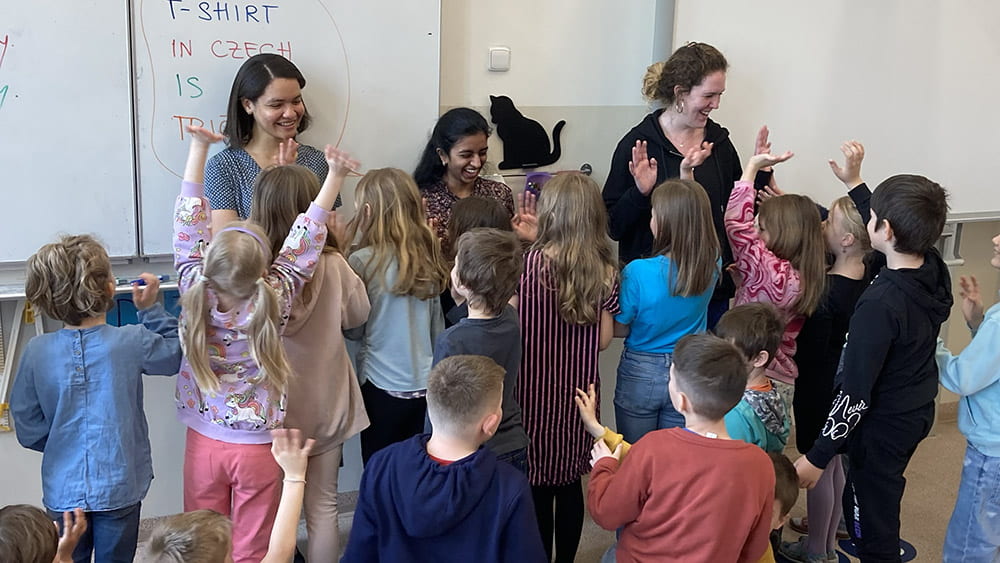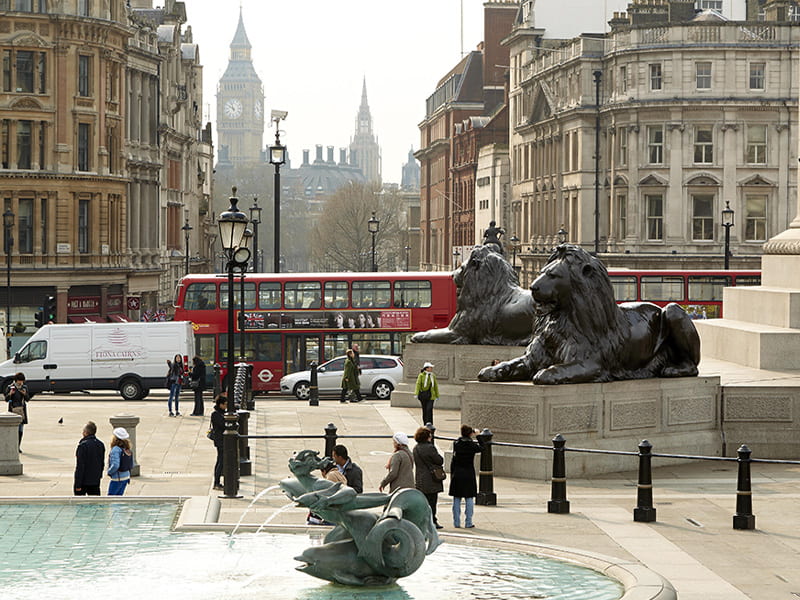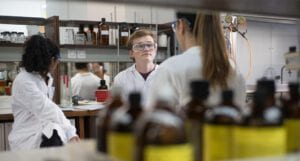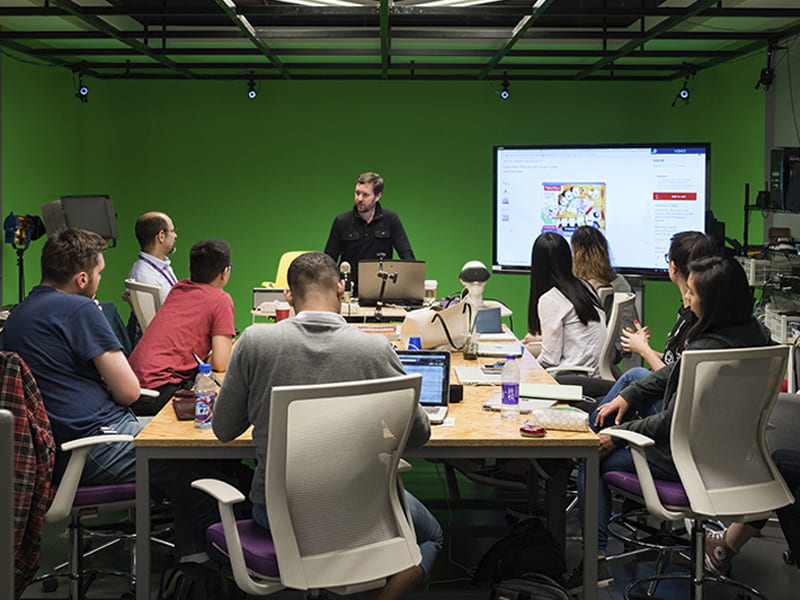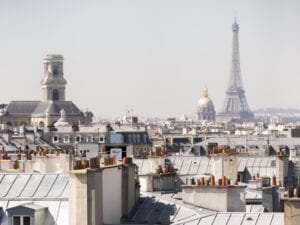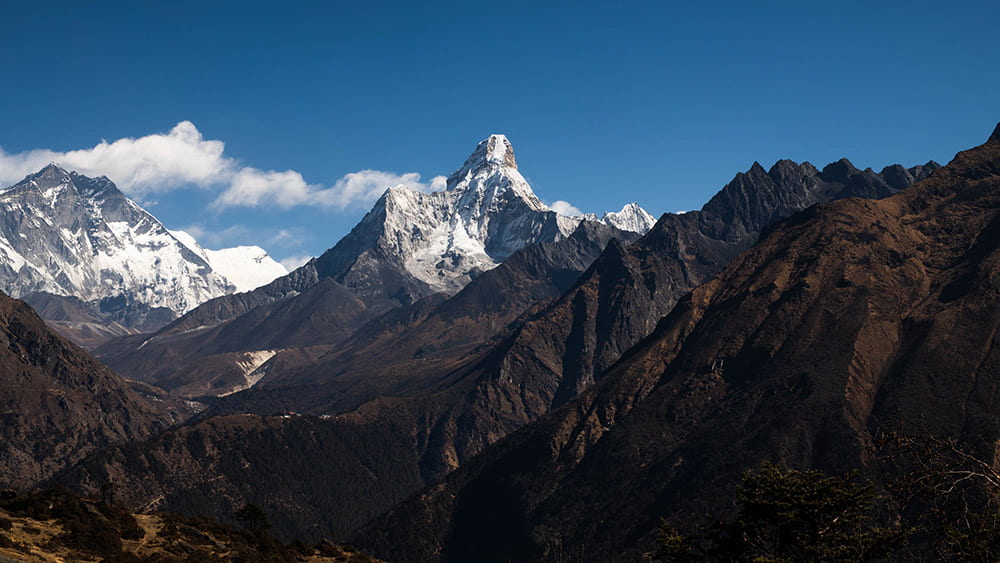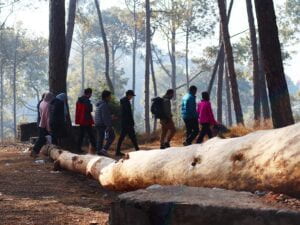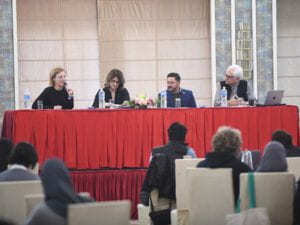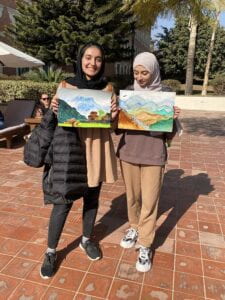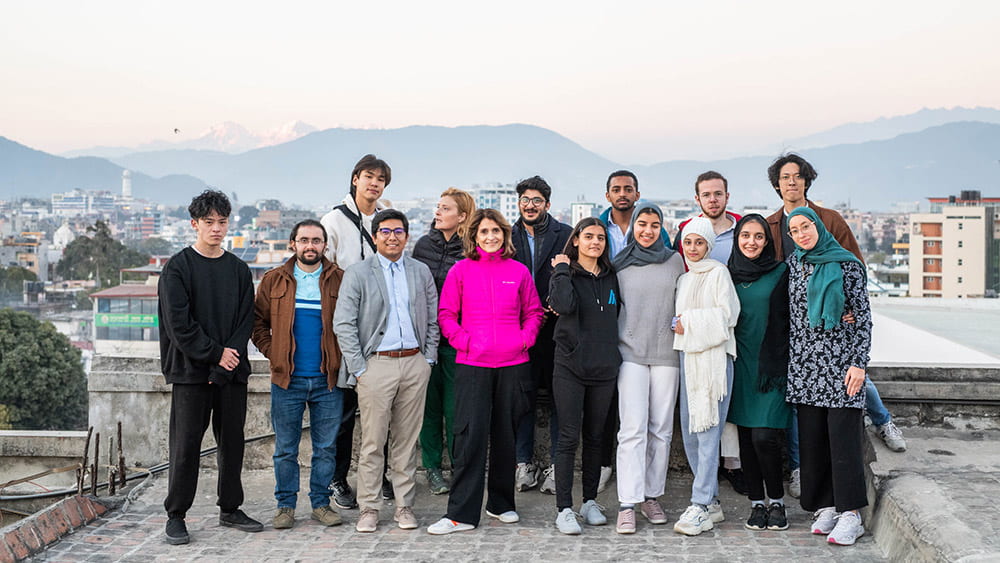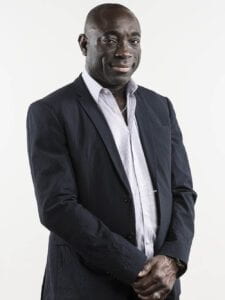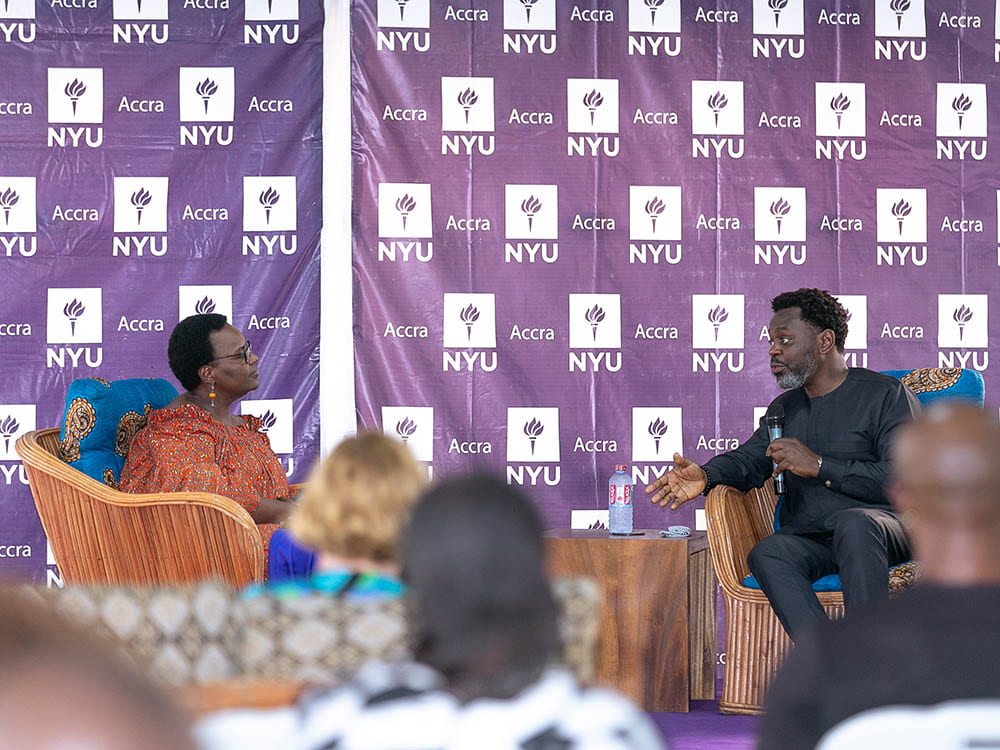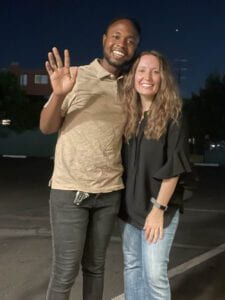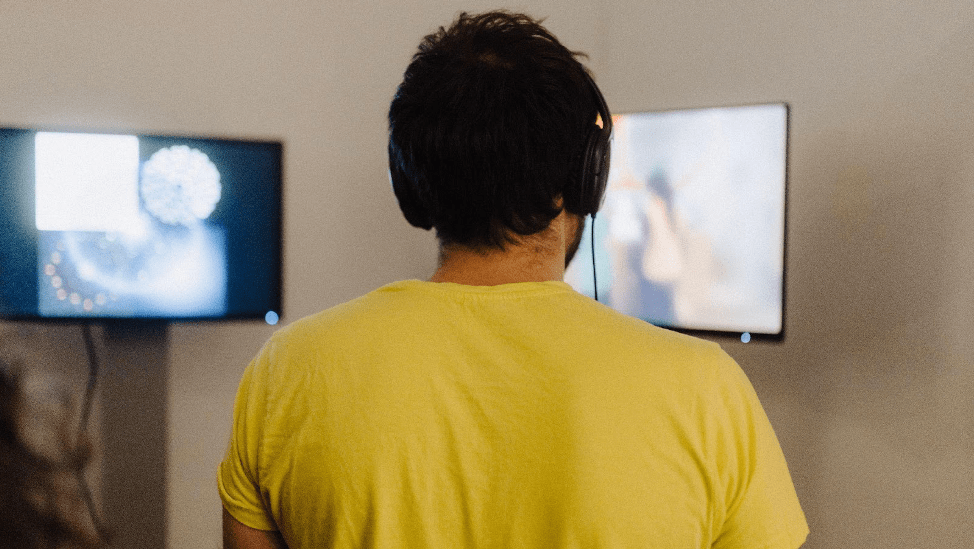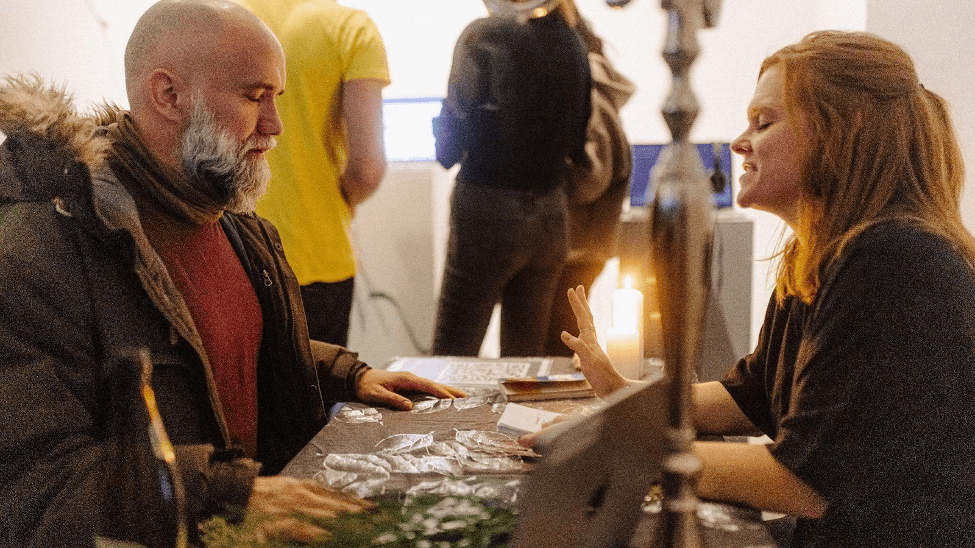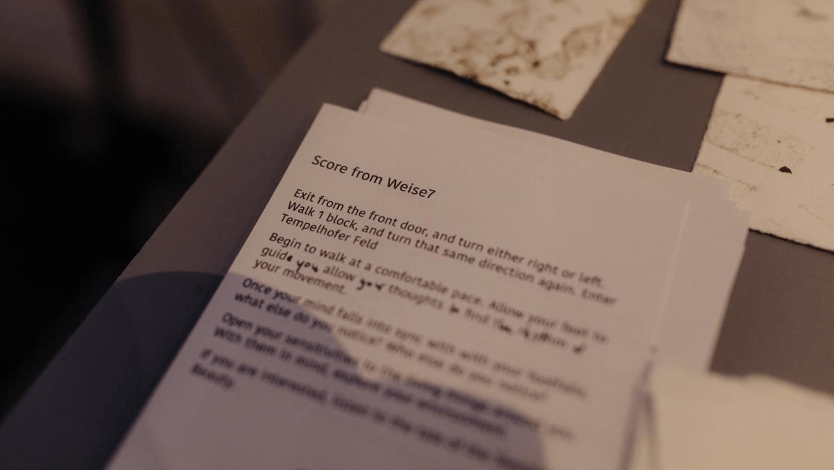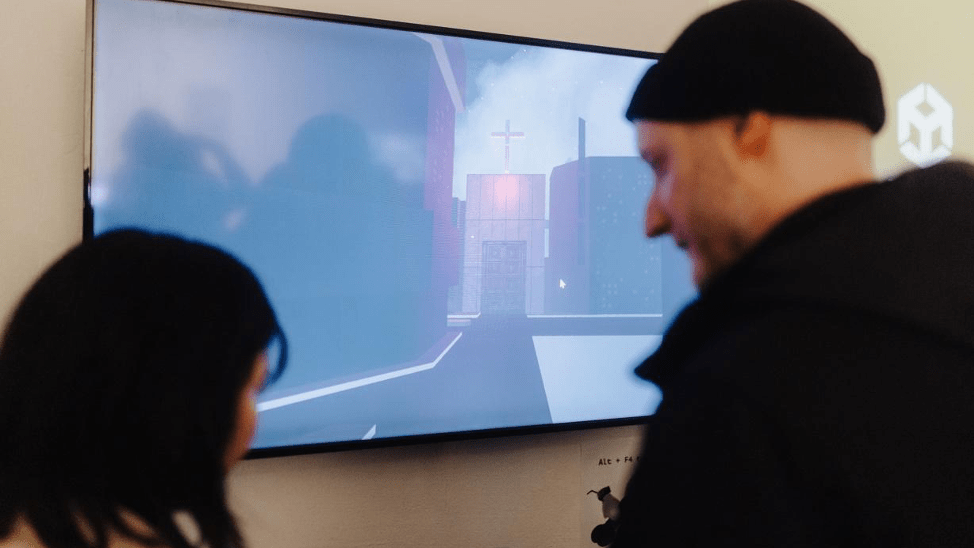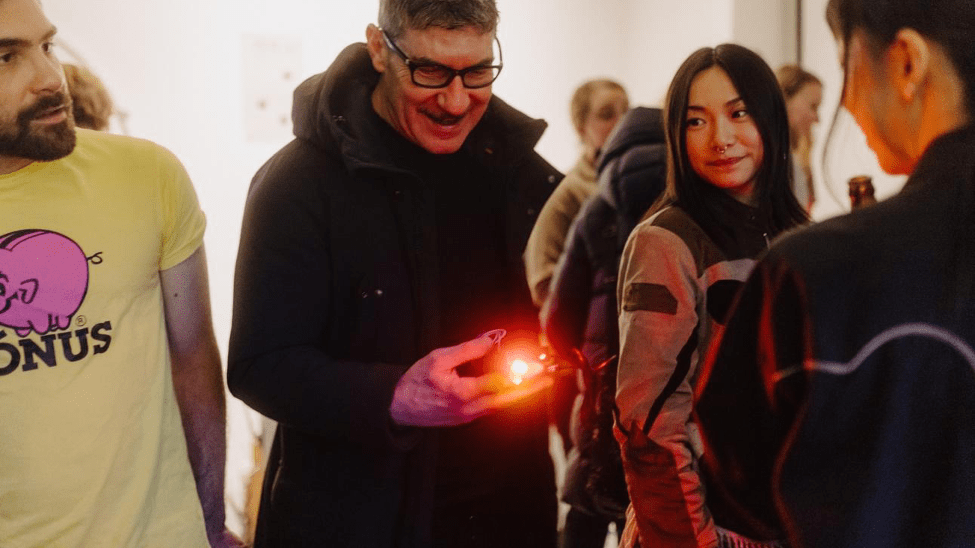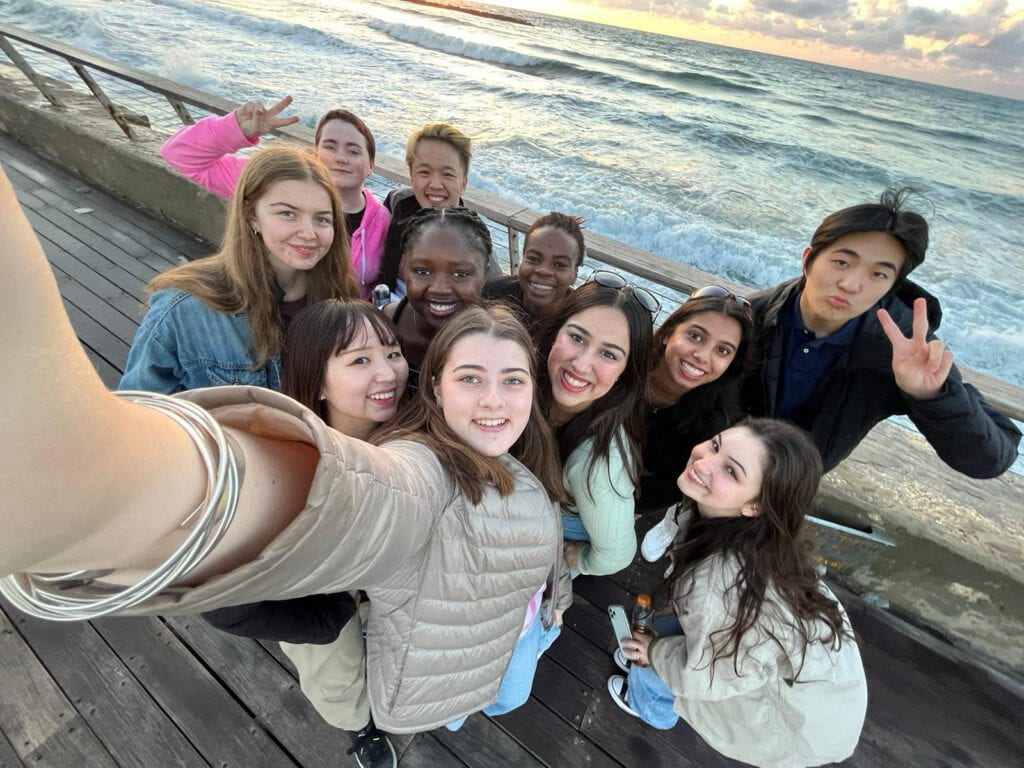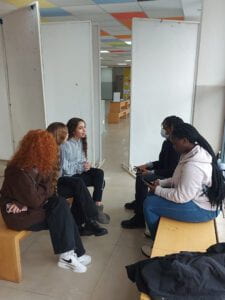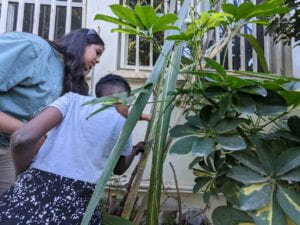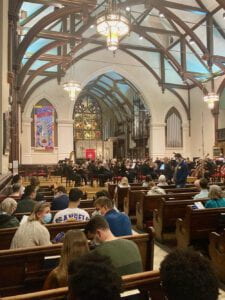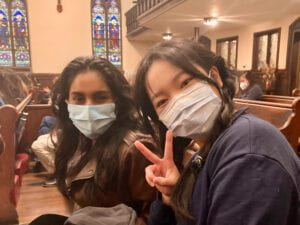This month NYU joined universities around the United States as hosts of a plethora of events and celebrations during International Education Week (IEW), highlighting the many benefits international education presents students across the globe. “NYU is a leader in this field, so it’s essential that we communicate the importance of international education to both our students and the wider community,” says Jonathan Maynard, assistant director of study away student outreach at the Office of Global Programs (OGP). According to the 2023 Institute of International Education’s Open Doors report, NYU is ranked No. 3 in the nation for the number of US students sent to study around the globe. “These events highlight the work we’ve been doing for a long time,” he shares.
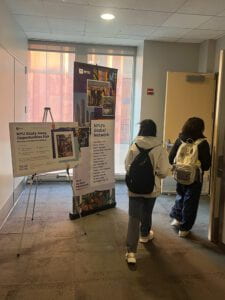 This year OGP kicked off the annual celebration with one of the marquee events, the Study Away Opportunities Fair. Taking place each fall, the fair provides students the opportunity to learn about each of NYU’s 14 additional study away sites. OGP, student global ambassadors, and academic advisers from across the University staff the fair, prepared to answer any student questions.
This year OGP kicked off the annual celebration with one of the marquee events, the Study Away Opportunities Fair. Taking place each fall, the fair provides students the opportunity to learn about each of NYU’s 14 additional study away sites. OGP, student global ambassadors, and academic advisers from across the University staff the fair, prepared to answer any student questions.
Jiayi Zhang, a global ambassador and Linguistics and Latin American and Caribbean Studies double major at the College of Arts and Science (CAS), studied away at NYU Buenos Aires. She was at the site’s booth during the fair, fielding questions from her fellow students.
“I get to talk all about my personal experience in Buenos Aires, which was amazing,” Jiayi says from behind a table donned with an Argentine flag, stickers, pictures, and information about the global site. “Just now, a student asked me about housing. I told her I lived in a homestay, and she didn’t know that was an option. Now she’s really interested in that.”
For students who haven’t studied away, the fair offers a comfortable but engaging environment for them to learn about the global sites while talking to others who have had the experience.
“Since I’m studying politics and public health, NYU Washington, DC, is my first choice,” says Andres Piccinoni, a junior at CAS. “Although I did preliminary research, I really wanted to talk to someone about what it’s like in Washington, DC, and how to get internships there.”
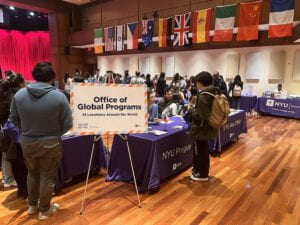 Andres says he also stopped by the NYU Madrid, NYU Florence, and NYU Shanghai booths to learn more about what they have to offer. “Studying away is a great opportunity to get in touch with other cultures,” he adds. “The fair gave me an inkling of what it’s like to connect with a culture I’m not very familiar with and how that could help me gain new perspectives.”
Andres says he also stopped by the NYU Madrid, NYU Florence, and NYU Shanghai booths to learn more about what they have to offer. “Studying away is a great opportunity to get in touch with other cultures,” he adds. “The fair gave me an inkling of what it’s like to connect with a culture I’m not very familiar with and how that could help me gain new perspectives.”
In addition to the fair, OGP hosts the Global Engagement Symposium, a nexus of undergraduate student presenters sharing their accomplishments from studying away. Students presented their global-focused research and experiences at the symposium, which ran simultaneously with the fair. Topics ranged from ancient Indian literature and global climate research to unique volunteer opportunities at NYU sites.
“When students go abroad, we want their experience to go beyond the classroom,” says Maynard. “We want them to find deeper experiences as they explore these cultures. Through research, internships, and volunteering, they meet new people and see a side of a city they normally wouldn’t get to see. The symposium is an amazing way for them to present these experiences. The work they’re doing is really impressive.”
Throughout IEW, the University hosted daily events focused on global learning. Students took part in trivia and comedy nights and engaged in lectures and workshops. The week also included a keynote address from Dr. Rajika Bhandari, an international higher education expert and a scholar–practitioner with over 25 years of experience in researching student mobility and delivering data-driven insights; monitoring, evaluating, and studying the impact of international education programs; and shaping thought leadership strategy in the nonprofit, private, and higher education sectors. Dr. Bhandari is also author of her award-winning memoir, America Calling: A Foreign Student in a Country of Possibility.
“International Education Week at NYU is unique because we’re not just talking about the students who come to the United States from overseas, we’re also talking about the experience our students have in other cultures when they study away,” says Chris Nicolussi, assistant vice president of global network student services and planning at OGP. “There are so many great presentations, talks, and student-led forums. It’s a uniquely NYU perspective on global education.”
Written by Kelly Stewart
